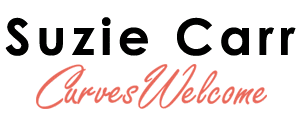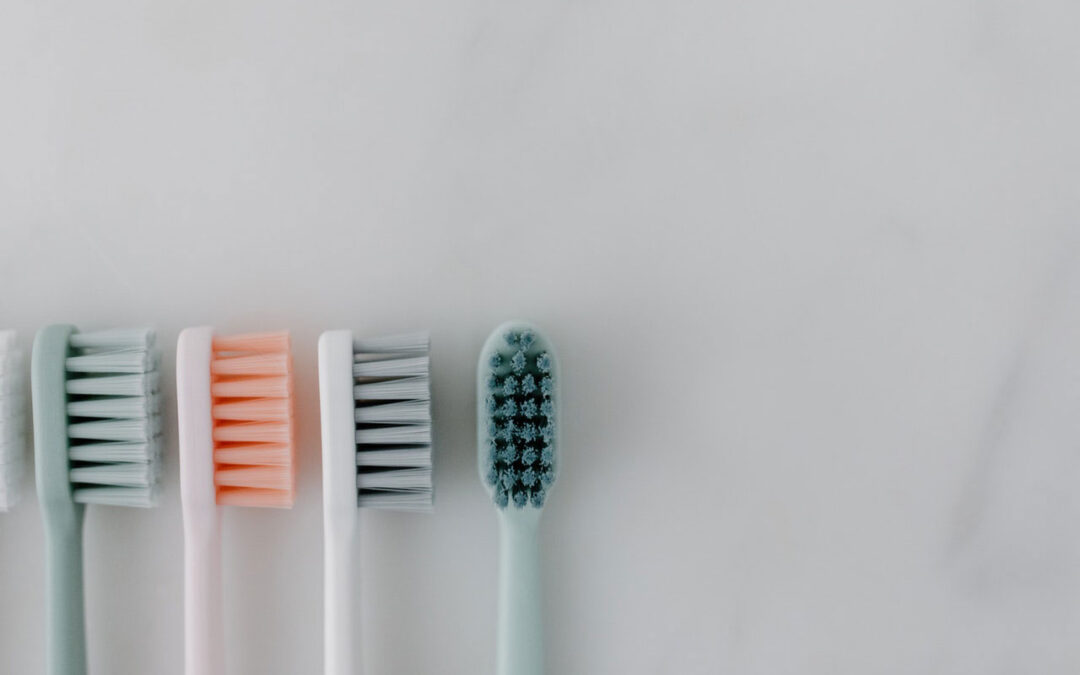One area of focus many people forget to pay attention to is their oral health routine. Do you pay enough attention to it? Here, we’re going to look at the daily and more long-term routine habits you need to make sure you’re keeping up with.
Make sure that you brush for long enough
Simply put, a lot of people are very hasty and quite sloppy about their teeth brushing. It’s easy to think that simple once over is enough, but the truth is that you should brush for about two minutes, all together. Though often designed for kinds, teeth brush timer apps can be used by just about anyone if you want to be extra thorough. A lot of people tend to not give the back teeth the attention they need, as well, so starting at the back can make sure that you do so.
What should you do after meals?
You might have heard conflicting information over this. Indeed, it used to be recommended that you brush after every meal. However, that’s no longer recommended by most dentists since it has been found that brushing too much can cause damage to your enamel and gums. What you can do after every meal, however, is to rinse your mouth out. Even basic plain water will work. Chewing sugar-free gum can also help dislodge any stubborn food particles that can get stuck, as well. But you don’t need to worry about taking the toothbrush out to the restaurant.
At-home cleanings aren’t enough
Brushing, rinsing, and flossing are key to keeping your teeth in good condition. But, when it comes to cleaning your teeth, these aren’t the only steps that you need to take. If routine check-ups and in-chair cleanings with your dentist aren’t a part of your oral health habits, now is the time to change that. There are some forms of debris, like tartar, that can’t be easily cleaned at home and your gum health can really start to suffer if you don’t do something about them.
Clean your toothbrush
A lot of people stick to using the same old toothbrush for longer than they should and, even worse, never wash their toothbrushes. It’s recommended that you switch to a new toothbrush every three months, not just for hygiene’s sake, but to make sure the bristles don’t wear down. However, a bigger concern is the bacteria that can gather on toothbrushes. They can gather both bacteria from the bathroom and from your mouth, meaning you should take the time to wash them in hot soapy water, then wipe them with a disinfecting wipe at least once a week.
Even if you take care of your teeth with great care on a routine basis, you should still know when you need to visit the dentist. Routine care helps to prevent a wide range of issues, but it doesn’t guarantee you against them.


